Permissive Parenting Style Quizlet The Term Was Developed By Psychologist Diana Baumrind, Who Studied Preschoolers And Found Their Parents Mostly Fit Into Three Parenting Styles:
Permissive Parenting Style Quizlet. What Criteria Must Parents Meet To Be Labeled Permissive? Here Is An Overview Of Permissive Parenting:
SELAMAT MEMBACA!
Restraining, few demands, little punishment, indifferent, unresponsive.
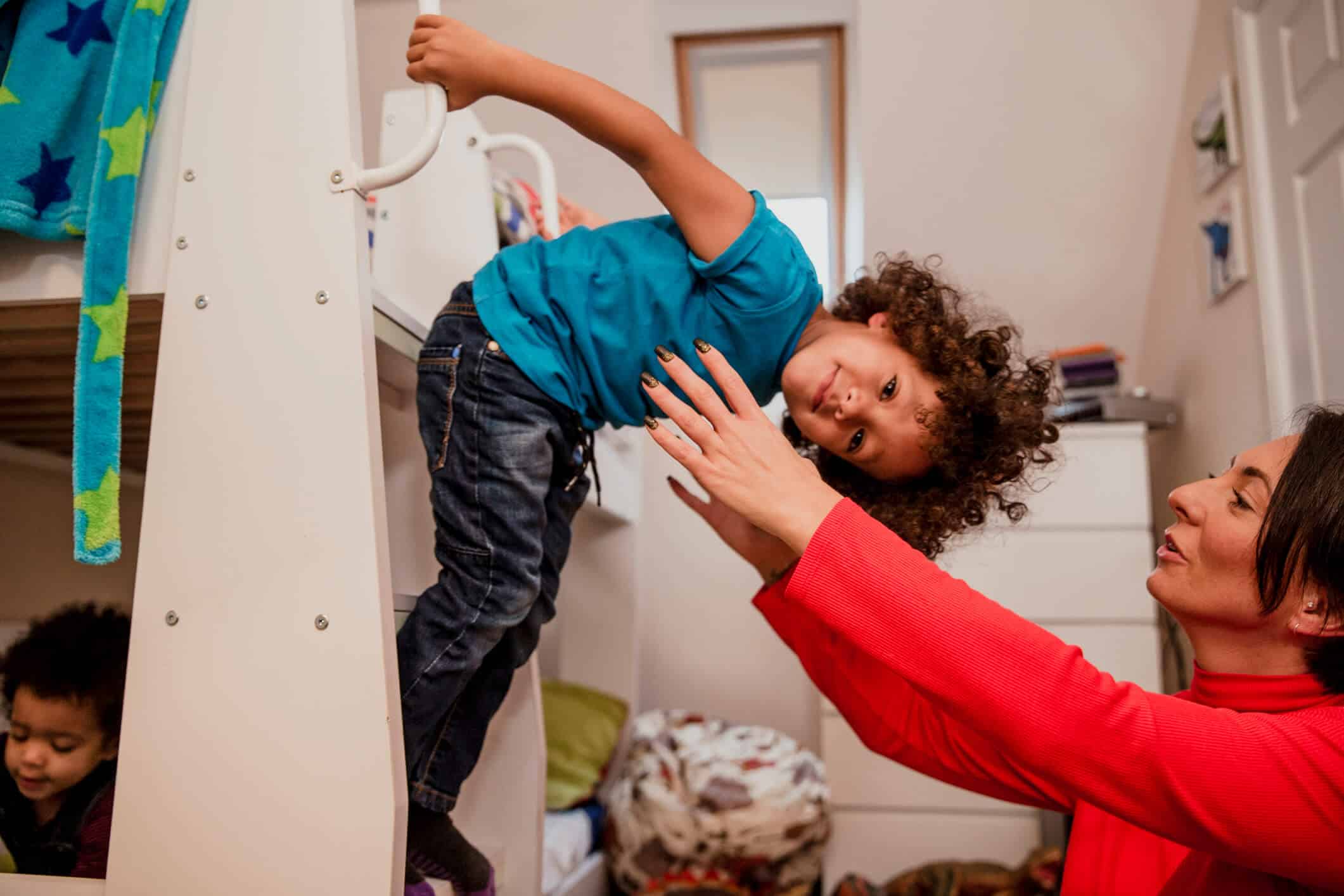
Allow children to do what is natural, may also allow children to show some in the permissive style parents give children a wide range of freedom.
Children of permissive parents may set their own rules.
Parents supervise children much less;

In the permissive style parents give children a wide range of freedom.
Children of permissive parents may set their own rules.
Either a mom or dad and one child.

Allow children to do what is natural, may also allow children to show some aggression, intervening only when child is in danger.
Permissive parents are highly responsive towards their children's needs and nurture their talents and personality.
But they are least demanding because they have low expectations on children may love permissive parenting style as it gives them the maximum freedom without any strings attached.
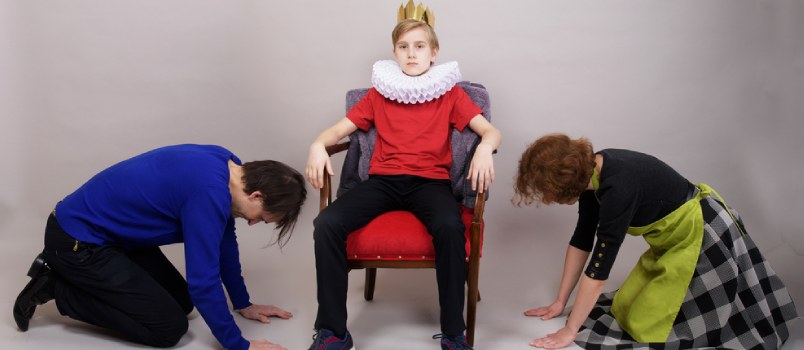
How does this impact children?
Permissive parenting is a type of parenting style characterized by low demands with high responsiveness.
Permissive parents usually take on more of a friend role than a parent role.

Permissive parenting, also known as indulgent parenting, is a parenting style characterized by high responsiveness and low demandingness.
Permissive parents are very responsive to the child's emotional needs.
But they don't set limits or are very inconsistent in enforcing boundaries.
The developmental outcomes for children reared in permissive homes are also generally more negative compared to those reared in authoritative homes.
Permissive parents are low in demandingness and high in responsiveness.
While permissive parents are often very responsive and loving, this parenting style is defined by having no rules.

Permissive parenting is accommodating parenting (sometimes even referred to as indulgent parenting).
Permissive parenting styles represent one of four types of parenting that psychologists recognize.
Understanding what the permissive parenting definition is, learning your parenting style and making adjustments can help you make better parenting choices as you relate to your children.

The parenting style you adopt my differ based on your personality, preferences, or however, this doesn't mean permissive parents don't support their child.
If there's ever a serious issue, the parent will always step in to offer.
Permissive parents are not demanding.

Being nurturing and warm, but reluctant to impose limits.
Rejecting the notion of keeping their kids under control.
Someone who parents in the permissive style is typically warm and kind to them.
The children are in control even though they aren't mature enough to know what's best for them.
The permissive parenting style is an extremely relaxed approach where parents are generally warm, nurturing and affectionate.
However, they are overly accepting of their children's behaviour, good or bad.

Permissive parenting is a parenting style that tends to be very gentle and affectionate, with few rules or expectations for how a child should behave, child therapist katie lear explained to scary mommy.
These parents tend to be great at all of the warm, fuzzy interactions that build strong attachment but.
Permissive parenting is also known as indulgent parenting.

Permissive parenting is a style of parenting where parents typically want to be viewed by their kids as a 'buddy' rather than a parent.
While permissive parents are often described as being very nurturing and loving, this controversial style of parenting is defined for having no rules.
Are permissive parents too lax?

How the consequences of permissiveness.
Certainly, studies have reported significant links between specific.
Permissive parents may not even realize that they are being permissive, because in many cases permissive parenting is indeed a controversial topic, and the cons certainly seem to outweigh the pros.

Permissive or indulgent parents mostly let their children do what they want, and offer limited guidance or direction.
Few of us fit neatly into one single parenting style, but rather raise children using a combination of styles.
Think of the four styles as a continuum instead of four distinct ways to parent.
Taking diana baumrind's definition a step further by understanding the psychological fears of permissive parents.
Trying to find a universally applicable definition of permissiveness in relation to parenting is confusing to say the least.
Permissive parenting is a type of parenting style characterized by low demands with high responsiveness.
These parents do not expect mature behavior from their children and often seem more like a friend.
Seem more like a friend than a parent, standards of behaviour and rules, if any, are often very inconsistent.
There are a number of parenting styles but there is no particular parenting style that can be said to work for every child and parent.

Although stricter than permissive, it is not nearly as extreme as authoritarian.
This style encourages critical thinking and discussion within the family unit along with.
The parents practising the permissive parenting style have a laid back attitude and do not confront their kids for any misbehaviour.

Indulgent parenting style mainly focuses on being friendly.
Permissive parenting is a style which is characterized by placing low demands on a child while offering a high degree of responsiveness in return.
Mengusir Komedo MembandelTernyata Mudah Kaget Tanda Gangguan MentalTernyata Einstein Sering Lupa Kunci Motor5 Rahasia Tetap Fit Saat Puasa Ala KiatSehatkuTernyata Tertawa Itu DukaAwas, Bibit Kanker Ada Di Mobil!!Ternyata Menikmati Alam Bebas Ada Manfaatnya4 Titik Akupresur Agar Tidurmu NyenyakMelawan Pikun Dengan ApelManfaat Kunyah Makanan 33 KaliThe parents who follow this type of parenting style tend to provide a home environment which is very loving, but it comes at the expense of having. Permissive Parenting Style Quizlet. Permissive parents are deeply in touch with their overwhelming affection for their children, which is no small thing.
25% of parents low in nurturance and communication, but high in control and maturity demands.
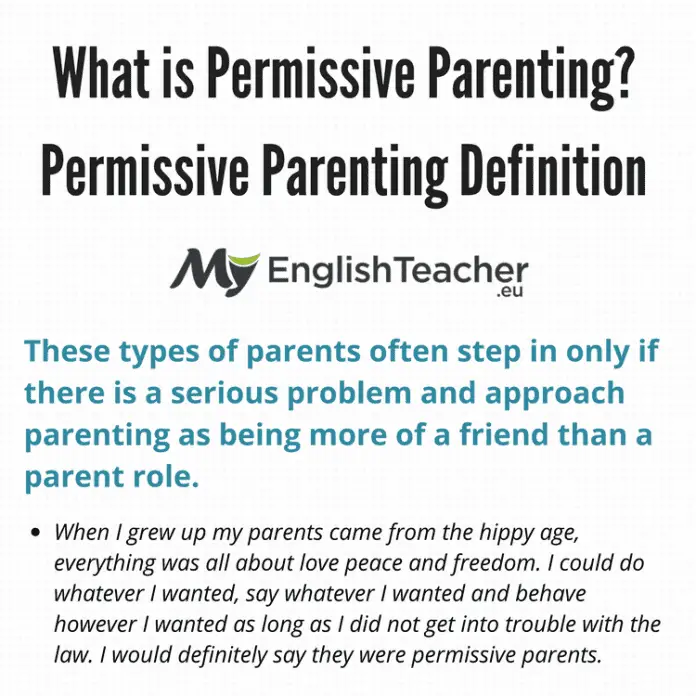
Authoritative parenting style permissive parenting style authoritarian parenting style uninvolved parenting style social emotional development.
Parents are not very warm or nurturing;
They have many rules and set strict limits;

Uninvolved parenting style permissive parenting style authoritarian parenting style authoritative parenting style single parent households.
Parents who permit their children to make their own decisions at an early age, often before they are able, engage in what type of parenting style?
Quizlet is the easiest way to study, practise and master what you're learning.

Parents who exhibit an uninvolved parenting style were often themselves raised by uninvolved and dismissive parents.
As adults, they may find themselves repeating the same patterns they were raised with.
Other parents who display this style may simply be so caught up in their busy lives that they.

Researchers attribute uninvolved parenting to several reasons such as financial status, educational background, cultural aspects, and traditional practices.
Here are a few other important reasons for parents to adopt this.
Uninvolved parenting, often known as neglectful parenting, is just a style seen as too little responsiveness to a kid's requirements.
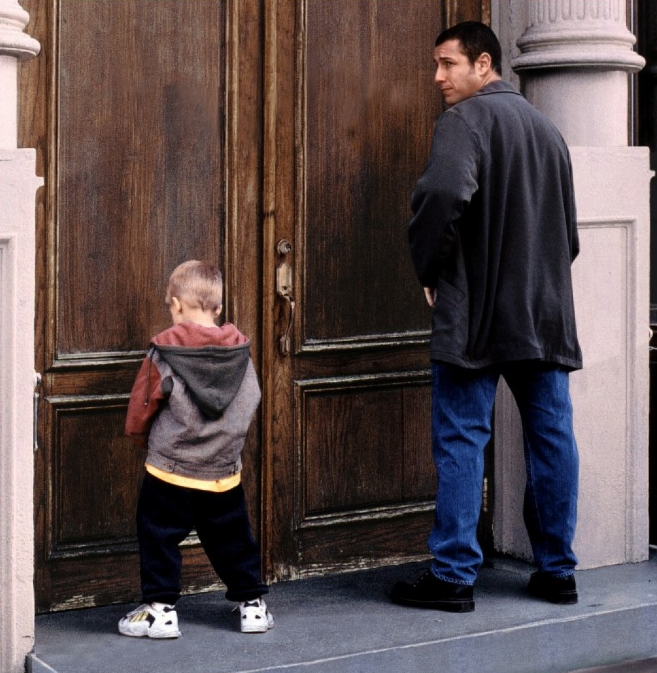
These moms and dads have small emotional participation along with their young ones.
Uninvolved parents are the ones who disengage from their children daily.
They aren't likely to help their kid with homework, participate in pta meetings, or show up for extracurricular events.

Uninvolved parenting, also known as neglectful parenting, is a parenting style characterized by low responsiveness and low demandingness.
Uninvolved parenting is the worst style of parenting among the four types because children raised with this parenting style tend to fare the worse.
Since uninvolved parents are low in both responsiveness and demandingness, children of uninvolved parents perform poorly in all these areas.

In the uninvolved parenting style, parents seem to not respond to the.
Are you an uninvolved parent?
Never heard of it, well then we recommend that you read the following article to know more about this parenting style in detail and also know how it may impact your kid.

There is little if any expression of love and affection.
Developmental psychologist diana baumrind in her studies based on.
A parenting style is a way of bringing up your child with a specific approach.

Uninvolved parents tend to have little knowledge of what their children are doing.
There tend to be few rules.
At other times, uninvolved parents lack knowledge about child development.
The uninvolved parenting style is a common parenting style that occurs when parents are unresponsive to their child, have little to no rules or expectations and are indifferent to their behavior.
This is sometimes also referred to as neglectful or indifferent parenting.
The danger with this form of.
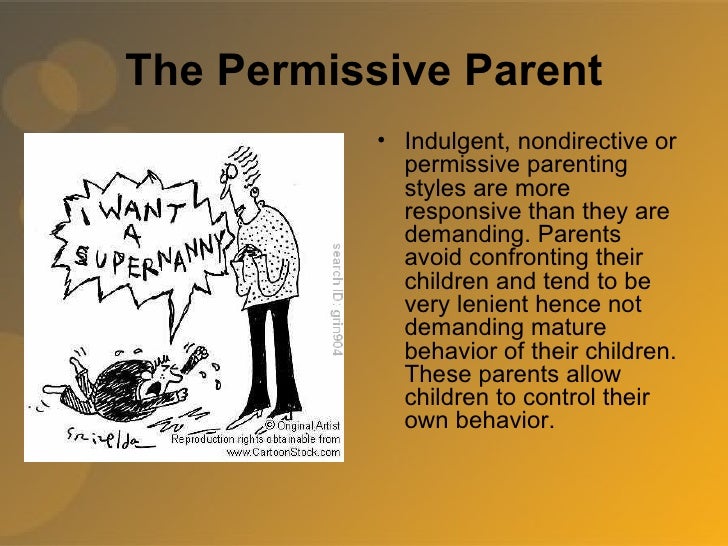
It impact should not be taken lightly.
While most of these styles have their fair share of pros and cons, uninvolved parenting style is by far the least favorable option of the lot as it hardly does.
Uninvolved parenting is a parenting style not very famous.

Here's everything you need to know about it.
Uninvolved parenting or neglectful parenting is a type of parenting in which the parents tend to show little or no interest in the child's life.
€� often uninvolved and neglectful parents are heavily involved in addictive behaviours, leaving the children to act as their parents caregivers.

€� the parents' needs and wants are always first priority, so it has a negative impact on.
Uninvolved parents are the ones who disengage from their children daily.
They aren't likely to help their kid with homework, participate in pta meetings, or show up for extracurricular events.

Uninvolved parents give children a lot of freedom and generally stay out of their way.
Some parents may make a conscious decision to parent in this way, while others are less interested in parenting or unsure of what to do.
No particular discipline style is utilized.

Not surprisingly, our parenting style has a major impact on our children.
Uninvolved parenting, sometimes referred to as neglectful parenting, is a style characterized by a lack of responsiveness to a child's needs.
Uninvolved parents make few to no demands of their children and they are often indifferent, dismissive, or even completely neglectful.

Uninvolved parenting uninvolved parents tend to have little knowledge of what their children are doing.
There tend to be few rules.
A parenting style is a psychological construct representing standard strategies that parents use in their child rearing.

Uninvolved parenting can have detrimental effects.
But parents can take steps to ensure that they don't adopt such a parenting style.
You were probably raised by neglectful parents.
Uninvolved parenting causes a parent to get neglectful and its dark effects on the mental well being of a child, every parent should take precautions and be there with their children otherwise the child's life goes for a toss and that is not a good sign of parenting.
Uninvolved parenting occurs most often among parents who work away from home and who work for long hours.
The result is a rift between the parent and the child because the parent does not spend enough time with his or her child. Permissive Parenting Style Quizlet. Some examples of uninvolved parenting areTernyata Inilah Makanan Indonesia Yang Tertulis Dalam PrasastiSensasi Kholaqul Ayyam Gumeno, Hanya Ada Saat RamadhanStop Merendam Teh Celup Terlalu Lama!Cegah Alot, Ini Cara Benar Olah Cumi-CumiResep Beef Teriyaki Ala CeritaKulinerPecel Pitik, Kuliner Sakral Suku Using BanyuwangiKuliner Jangkrik Viral Di JepangTernyata Kue Apem Bukan Kue Asli IndonesiaKuliner Legendaris Yang Mulai Langka Di DaerahnyaSejarah Nasi Megono Jadi Nasi Tentara
Comments
Post a Comment